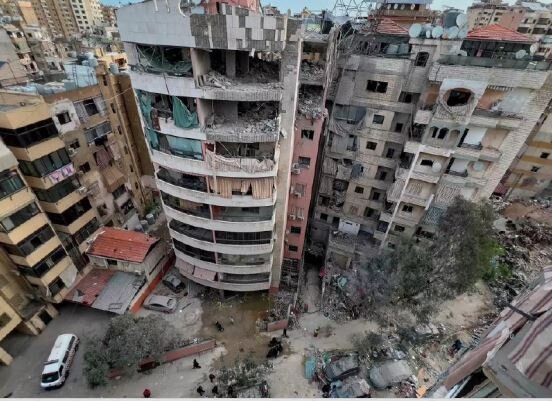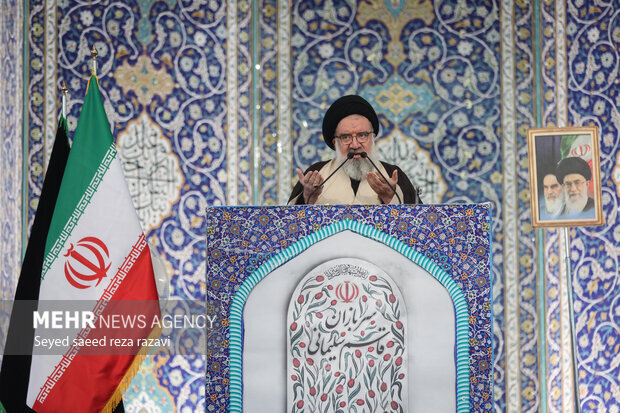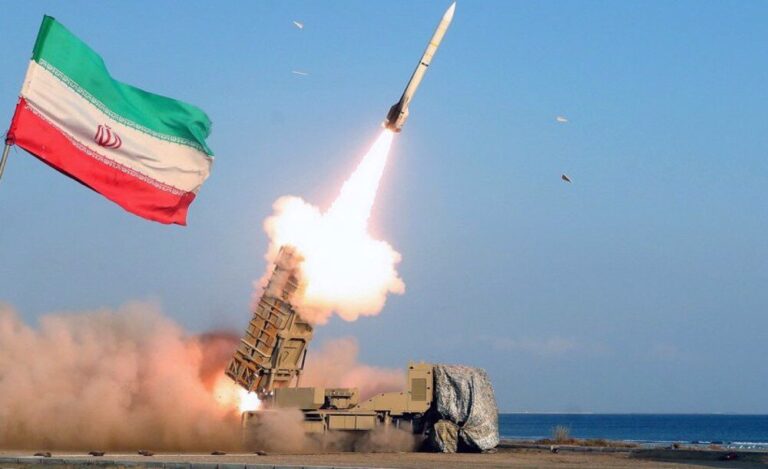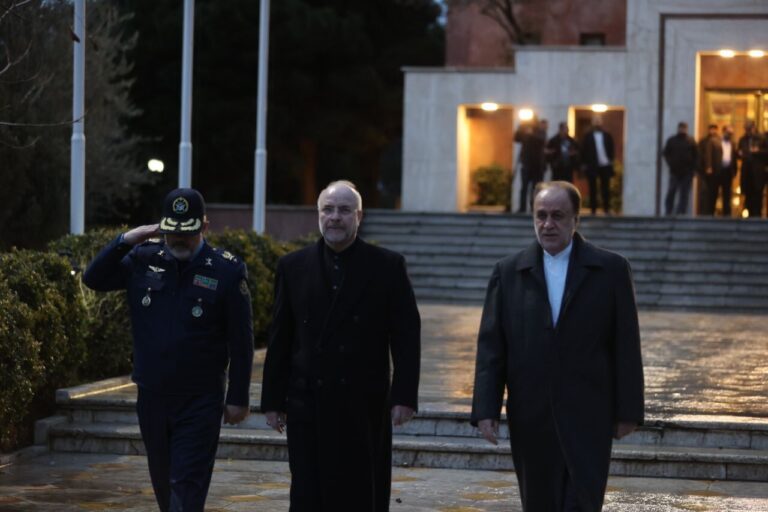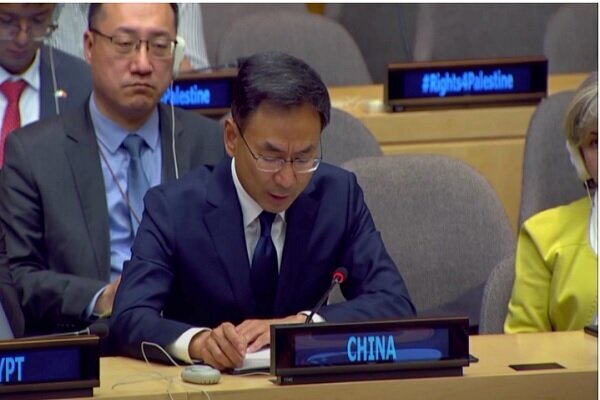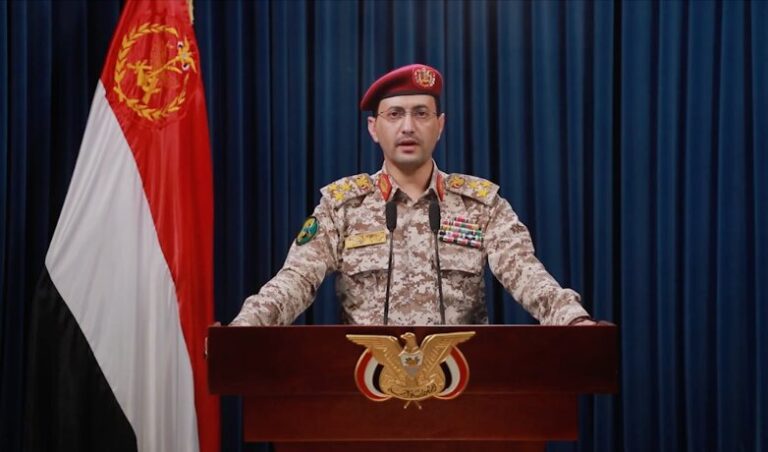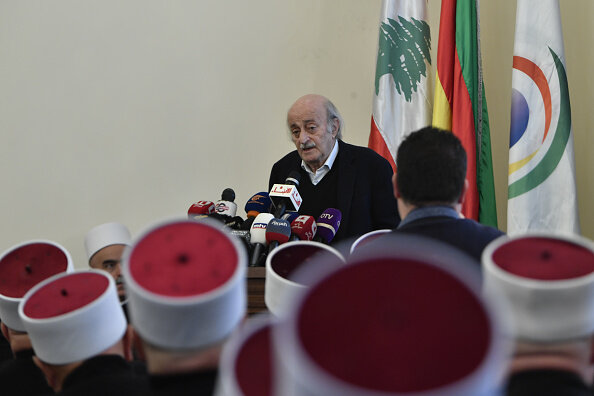Lebanon’s Dilemma: Navigating Crisis Amidst Conflicting Forces
In recent days, the situation in South Lebanon has escalated dramatically following the bombing of two residential buildings in Beirut’s southern suburbs. This alarming incident has intensified fears regarding Israeli adventurism, which threatens to further violate Lebanese sovereignty as part of a broader military-political strategy aimed at dismantling Hezbollah.
The ongoing US-led aggression against Lebanon is rooted in a statement from Israeli Prime Minister Netanyahu, who declared, “Israel will strike everywhere in Lebanon against any threat. Anyone who has not yet understood the new situation in Lebanon has received a new example of our resolve.” This rhetoric underscores the precarious state of affairs in the region.
It appears that Israel is acting on an agreement purportedly signed with Washington last November. This agreement coincided with a ceasefire in Lebanon, enabling Israel to conduct operations against what it perceives as threats to its security. However, this so-called “agreement” has led to significant concerns about Israel’s ability to circumvent the framework established by UN Resolution 1701.
Key points regarding the current situation include:
- The five-member committee responsible for overseeing the implementation of UN Resolution 1701, which includes representatives from the US, France, Lebanon, Israel, and the UN Interim Force in Lebanon (UNIFIL), has ceased its functions.
- The committee’s inaction is justified by accusing the Lebanese government and army of failing to disarm the Hezbollah resistance movement “within a specific period of time” across all of Lebanon, not just the region south of the Litani River.
- Washington appears indifferent to the potential collapse of the ceasefire agreement, believing that recent developments in West Asia necessitate a shift in Lebanon’s approach toward negotiations with Israel.
In this evolving context, it seems evident that Washington and Riyadh have aligned their interests in Lebanon. The recent appointments of Joseph Aoun to the presidency and Nawaf Salam to the premiership signal a push for rapid reforms, confronting corruption, and restructuring power dynamics in the country.
An informed source revealed to the Tehran Times that there is a consensus among Washington, Tel Aviv, and Riyadh regarding Hezbollah’s diminishing ability to reassert itself as a major regional force. However, there remains a palpable concern about Hezbollah’s future intentions.
To galvanize domestic political forces against Hezbollah, a narrative is being fostered that portrays resistance as a futile endeavor. This strategy aims to prevent Hezbollah from using this period to rebuild its capabilities, complicating efforts to neutralize the group once and for all.
Such internal confrontations are likely to influence the upcoming municipal and parliamentary elections scheduled between 2025 and 2026. This political landscape could weaken Hezbollah’s representation within Lebanon’s executive and legislative bodies.
As a unified Western and Arab public opinion emerges advocating for the limitation of Hezbollah’s influence, it becomes crucial to reassess the experiences of both American and Israeli strategies in Lebanon. A thorough examination of the reasons behind their failures—particularly the steadfast resistance despite significant sacrifices—will be essential moving forward.
Caption: Damaged apartment buildings are seen after being struck earlier by an Israeli targeted attack in Dahiyeh, a southern suburb of Beirut, Lebanon, early Tuesday, April 1, 2025. Hussein Malla/AP
This rewrite maintains the original meaning while optimizing for SEO and ensuring originality, along with structured HTML formatting for better readability.
